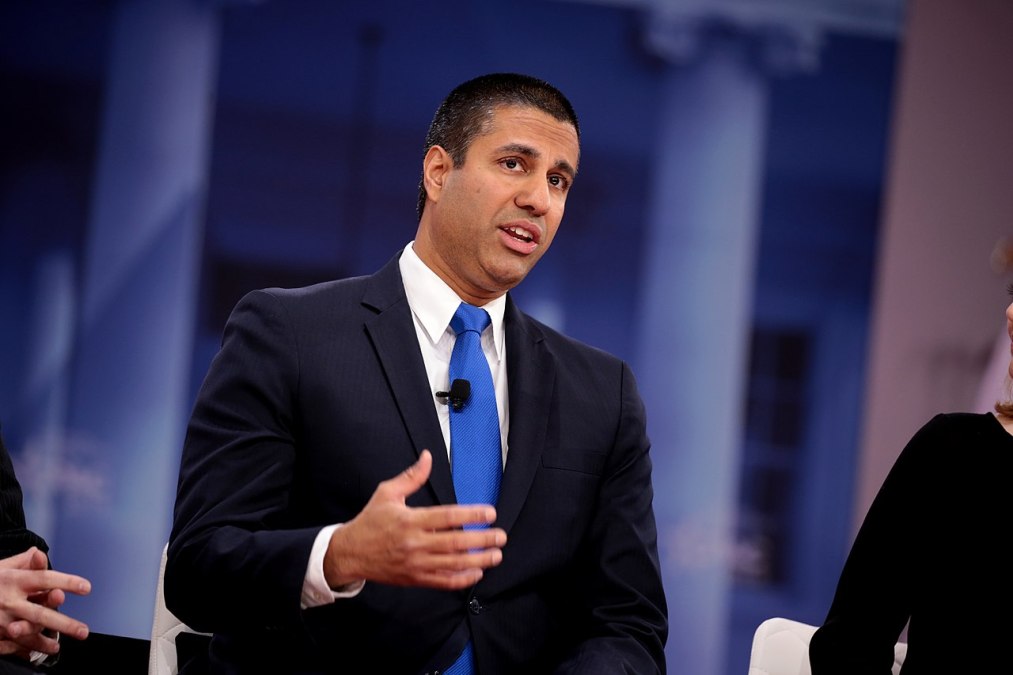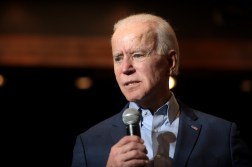FCC denies educators’ request for exclusive access to Educational Broadband Service

The Federal Communications Commission on Thursday rejected a call from educators to limit access to one of its broadband services to educational institutions.
Education groups — including the Consortium for School Networking, the State Educational Technology Directors Association, the Nebraska Department of Education and the Council of Chief State School Officers — submitted a joint request to the FCC last year that the agency not allow non-educational institutions to use the Educational Broadband Service — a chunk wireless spectrum controlled by the FCC that has been historically reserved for educational institutions, such as schools and libraries.
The groups argued that not licensing that particular spectrum to private companies would make broadband more accessible to rural communities, but FCC commissioners dismissed the request on Thursday, saying that unused portions of the EBS spectrum will continue to be auctioned off to private carriers for 5G deployment.
The decision follows a 2019 FCC vote to remove any educational requirements from companies, schools or institutions that obtain licenses for the spectrum so it could auction off portions of the EBS to wireless carriers for the expansion of 5G networks.
John Windhausen, executive director of the SHLB Coalition and signatory of the petition to the FCC, said the FCC’s denial to increase rural education institutions’ access to the EBS is “quite disappointing.”
“For many schools, access to EBS spectrum would have been their golden ticket to quickly deploy networks that reach their students without home internet access,” he said in a statement. “The SHLB Coalition provided many examples of successful wireless deployments by schools working with private sector companies, and we provided detailed economic evidence that awarding schools EBS licenses would promote economic growth and help address the homework gap. It is extremely unfortunate that the Commission did not give schools and other educational organizations this opportunity.”
The petition submitted to the FCC last year requested that the agency reinstate the educational eligibility requirements for EBS that were eliminated to make the spectrum available for purchase by wireless companies, stating that “commercial carriers lack sufficient incentive to deploy the spectrum they would acquire in the 2.5 GHz auction to rural areas … leaving rural students facing a persistent digital equity gap.”
The petition went on to request that educational institutions be given priority to lease portions of the EBS spectrum and said that failure to do so would “deny many rural educators their only opportunity to access this, or any, spectrum.”
The EBS spectrum has been used for more than 50 years by educational institutions to develop television programming and access wireless broadband service, but no new EBS licenses have been issued since 1995, leaving enormous amounts of the spectrum unused. FCC commissioners subsequently voted in 2019 to change the eligibility rules around who is able to lease the spectrum and deemed the spectrum more appropriate for 5G expansion.
“Too much of this spectrum, which is prime spectrum for next generation mobile operations, has lain fallow,” FCC Chairman Ajit Pai wrote in the 2019 report and order.
But the changes to the EBS and limitations the FCC has put on rural communities to acquire broadband services have dismayed educational technology groups, which continue to request greater investments in building out broadband connections for educational institutions and their students, especially now with the prevalence of remote learning during the pandemic.
In April, shortly after many schools made the switch to online learning because of COVID-19, lawmakers introduced a $2 billion bill, which has yet to be considered, to provide internet service to students during the pandemic in order to ensure students without internet access didn’t fall behind in their educations.
In June, more than 1,900 individuals and organizations endorsed draft legislation to establish a $5.25 billion emergency fund to connect the millions of families who don’t have internet at home.




